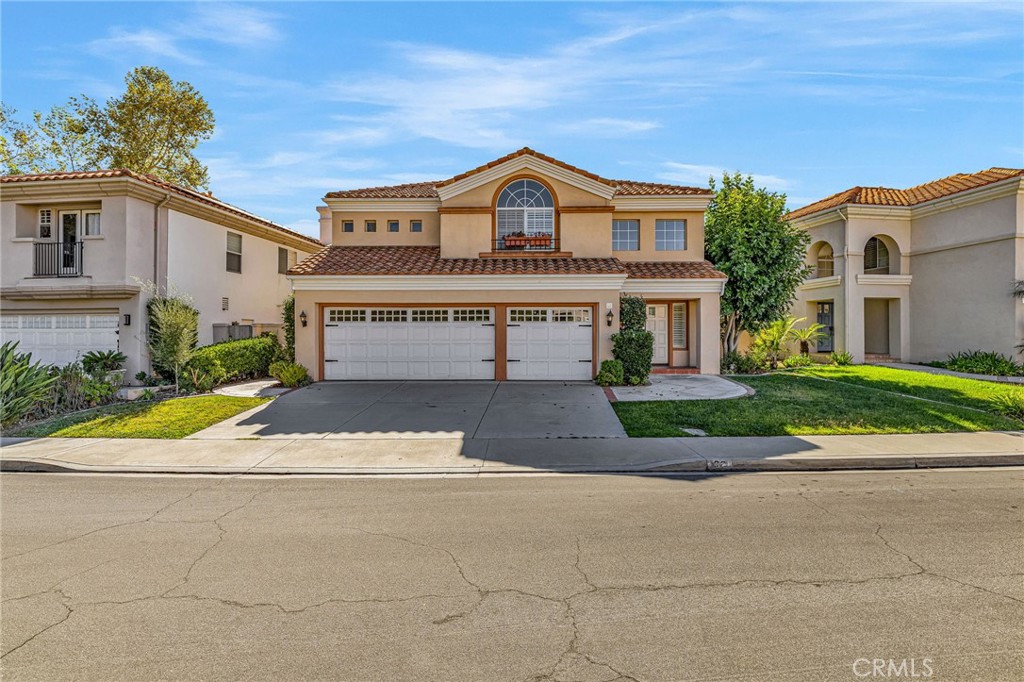Selling a property held in probate or trust isn’t just about finding a buyer it’s about protecting your family’s legacy and getting the full value from the asset. But with court timelines, legal oversight, and often emotional decisions, it’s easy to make mistakes that cost time and money.
If you’re selling a probate or trust property, here’s how to maximize its value and avoid costly setbacks.
1. Get the Legal Structure Right from Day One
Before you list, make sure you understand how the property is held:
-
Probate sales often require court approval unless the representative has full IAEA authority.
-
Trust sales avoid court, but must follow the trust’s terms to the letter.
Pro Tip: Work with an attorney or attorney-owned brokerage who can review your Letters Testamentary or trust documents. Mistakes here can delay or cancel the sale.
2. Clean, Clear, and Prepare the Property
First impressions drive offers. A property that looks abandoned or cluttered won’t get top dollar, even in a hot market.
To-do list before listing:
-
Clear out personal belongings
-
Deep clean every room
-
Landscape the front yard
-
Handle obvious repairs (leaks, broken windows, paint)
Pro Tip: Don’t overspend. Focus on improvements that increase perceived value without over-renovating.
3. Stage It or Virtually Stage It
Staging can increase a property’s selling price by 5–10%, especially if it’s outdated or empty. If the budget is tight, virtual staging is a cost-effective alternative that still makes a big impact online.
4. Hire a Probate & Trust Real Estate Specialist
Most agents don’t know the difference between a trust sale and a court-confirmed probate sale and that ignorance can kill your deal.
A specialist will:
-
Price the property accurately based on legal status
-
Handle required court filings or notices
-
Navigate overbidding (if applicable)
-
Work with attorneys and fiduciaries to avoid delays
Pro Tip: Choose an attorney-owned brokerage for built-in legal protection and expertise.
5. Market Strategically, Not Just Broadly
Every probate or trust sale is unique, but the goal is always the same: attract serious, qualified buyers.
Go beyond the MLS:
-
Use professional photography
-
Create a property website or landing page
-
Target investors or cash buyers if the home needs work
-
Promote to agents experienced in probate sales
Pro Tip: Avoid off-market sales unless you know the value. Competition = higher offers.
6. Price It Right: Legally and Strategically
-
If court confirmation is required, you must follow minimum bid rules.
-
If not, price based on true market value, not emotional attachment or Zillow guesses.
Work with a real estate agent who understands both the legal guidelines and the local comps.
7. Time the Sale to Maximize Demand
Spring and early summer bring more buyers. But if you're facing delays in probate or trust administration, don’t wait too long, empty properties lose value over time.
Pro Tip: Once you’re legally allowed to list, move quickly. Demand can drop sharply during holiday seasons or economic downturns.
Final Thought: Value Is More Than Just Price
In probate and trust sales, "value" also means:
-
Avoiding court delays
-
Minimizing conflict among heirs
-
Protecting the estate from liability
-
Closing on time
When you work with a team that understands both real estate and the legal process, you don’t just sell the property, you preserve its full worth.



